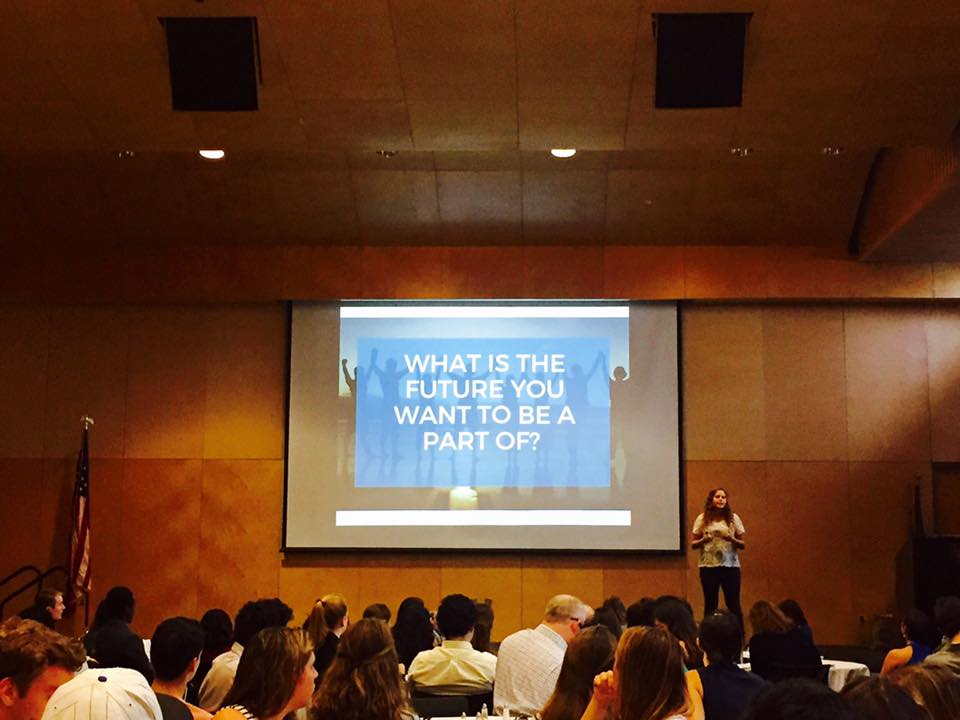As relatively new residents of New Orleans, we have come to deeply understand two things about the city: this magical place gets its allure in part because of the intoxicating combination of celebrating life and celebrating death, a mixture which never seems to be in short supply. And secondly, the city constantly grapples with attachment; attachment with a place, attachment with family, attachment with the past, attachment with tourists, attachment to all things tangible and ethereal, healthy and poisonous. Because we are two Social Workers who got our muddy footing at Tulane, we are in constant contemplation of how Attachment Theory plays out in New Orleans. To put simply, Attachment Theory describes how early formative experiences go onto shape behavior. While working with both system-involved and homeless youth in New Orleans, we have grown to appreciate how crucial these intimate relationships are in our lives. We have witnessed the incredible strength needed for those who are on their own, in addition to carrying the weight of institutionalized oppression on their shoulders.
This past year we were working at different organizations which served youth ages 16-24 who were either homeless, at-risk for homelessness, or in the juvenile justice system. We found that whatever progress was made during the day, from employment training to psychosocial support, was effectively undone once youth returned to the shelter or streets where they were staying. To call upon coping skills while faced with challenges of finding food for yourself and your family amidst a network of drugs and violence is a tremendous amount to ask of youth.
 There is approximately 26,000 opportunity youth in the city, or youth ages 16-24 who are neither employed nor enrolled in school. Whatsmore, 1,000 youth age out of the foster-care system in Louisiana every year and hundreds of youth are in need healthy, stable housing. There are only two youth homeless shelters in the city, one of which is all-boys. A New Home, the venture we were able to flesh out in Changemaker Institute, envisions an intentional community with independent housing so youth in New Orleans have space, skills, and support to realize their potential. We pitched our venture to Tulane and got valuable feedback on next steps and important questions we needed to ask.
There is approximately 26,000 opportunity youth in the city, or youth ages 16-24 who are neither employed nor enrolled in school. Whatsmore, 1,000 youth age out of the foster-care system in Louisiana every year and hundreds of youth are in need healthy, stable housing. There are only two youth homeless shelters in the city, one of which is all-boys. A New Home, the venture we were able to flesh out in Changemaker Institute, envisions an intentional community with independent housing so youth in New Orleans have space, skills, and support to realize their potential. We pitched our venture to Tulane and got valuable feedback on next steps and important questions we needed to ask.
The initial grant proposal we submitted to Changemaker was to have a prototype of the kind of community we imagine. A large component of our venture is to have an on-site income generating project. We partnered with the Young Creative Arts Agency, an agency training youth in web development and graphic design through working on paying client projects. The proposal was sent back with constructive feedback, however, the most important criticism was that this proposal was not sustainable. Therefore, our second iteration of the proposal was a needs assessment to inquire about the ideal living situation of our target population.
Our plan is to partner with three organizations in New Orleans working with youth who are homeless or at risk for homelessness and host focus groups at those organizations. From those groups, we will collaborate with several youth ambassadors and hire them to conduct surveys amongst their peers asking the same question; what it is that young people in New Orleans want in a living environment? What are gaps in services, what activities, careers, and assistance are they looking for? In short, what kind of a community do they want to be part of? We want to share these findings with organizations who are supporting this population to contribute to the body of knowledge of the varied needs of opportunity youth in New Orleans.
We do not intend to leave New Orleans in the near future; we too have become attached. However, we do not want our presence to be a driving factor of this venture in the future. We are committed to investigating whether homeless youth will benefit from the housing we envision and finding constituents who will become leaders within the organization. The mission of A New Home is to provide the space for youth to support one another while working towards goals together. Through these relationships, we hope to broaden the existing capacities of youth in the city. It is easy to become enamored with the festive community that is New Orleans but to celebrate with full abandon means including all of those whom the city has abandoned .
